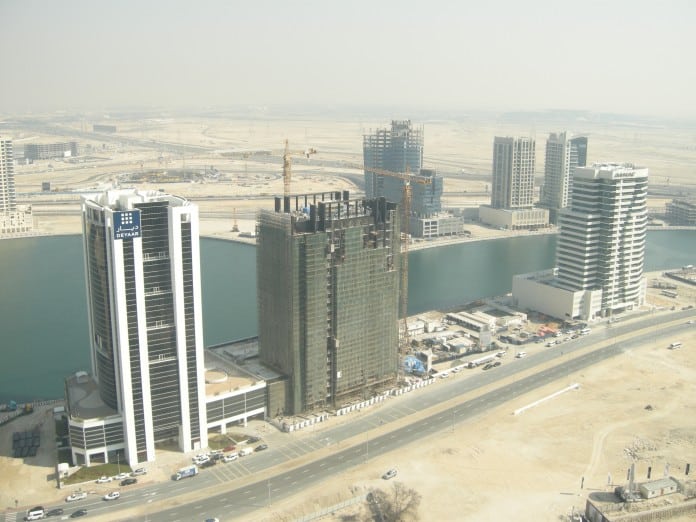
What is a building quota?
The implementation of building quotas is a measure aimed at limiting the number of annual building permits for a certain kind or category of construction developments. It may target specifically apartment buildings, houses, office buildings and etc. However, it may also be used for limiting the construction activity in a certain area or district if the number of new projects rapidly increases.
Why is it implemented and by whom?
Usually, the adoption and use of quotas for building permits is handled on a local level. This means that it is often the city’s municipality and not the state that is entitled with the power to make decisions on this matter.
There are two main reasons for the implementation of building quotas. The first is to put a cap on a construction boom in a city or a district by slowing down and controlling the building of new projects. The second is to boost construction activity by raising the annual target of building developments. A third and very valid reason may the to control property prices.
Still, the first scenario tends to be the most popular one. Many municipalities rely or have relied on it as a measure to balance the gap resulting from slow population growth and a rapid construction boom. Building quotas can be very effective in regulating the pace of a city’s development. In addition, this practice is considered to be among the best in terms of accommodating managed growth.
Examples of successful implementation in big cities
Many countries and cities have relied on building quotas as a solution to increase or limit building activity in a certain area. The United Kingdom was also among them a few years ago. The country used building quotas to stimulate construction of new project in certain more rural areas. However, about thirteen years ago, the U.K. limited or even abolished house building quotas in a number of districts. The reason was that the building target had become too high, endangering important heritage sites and countryside areas. This example shows that, once adopted, building quotas can be easily regulated and revised whenever necessary.
Who will benefit and who will loose?
Of course, adopting city quotas has its advantages and disadvantages. Its main drawback is that it rarely succeeds in making all sides happy. For instance, people who have already settled in the area will enjoy results like reduced traffic congestion, noise and neighbourhood facilities, which are not so crowded.
When building quotas are limited, however, the competition between developers can become quite fierce. They will need to propose a project that stands out with its high quality and good pricing. That will require more efforts and work on their side, but all together it will rise the standard. In addition, once a project has been reviewed by the city council, the developer is not able to make any changes on it, even when it comes to its design, without the approval of the municipality. In other words, it will need to be reviewed all over again in order to get a green light for the upgrade, regardless of how minor it is. That could greatly slow down the work on the project.
Quotas on building permits can also have a bittersweet effect on people who want to buy or rent. They will be able to have easier access to higher-quality properties. However, buying or renting may also become more expensive for them, unless the building quotas are allocated mainly for more affordable housing. In a slow property market environment with declining real estate prices, building quotas may have regulating effect on property prices in the long term
Why Dubai may needs it?
The introduction of building quotas is a measure from which Dubai can only benefit. Currently, many developers are announcing series of new projects, encouraged by World Expo 2020. It is predicted that the event could increase the emirate’s population by up to 3.2 million people in just a few years. Developers see such projections as an opportunity to raise profits. However, focusing most of the construction activity around only one event can be very risky.
For example, Dubai’s real estate market may be already facing oversupply. A large number of office spaces were reported to remain vacant. Moreover, some developers even convert commercial building projects into residential complexes for the same reason.
If Dubai adopts quotas for annual building permits, it will be able to gain more control over the property market in the emirate and to avoid property prices slumps in the long term.






















![The Square at Nad Al Sheba Gardens Now Open hope tax season treated you well! Just checking in—ready to refocus on growing your business? I remember how we discussed scaling your [specific aspect of their business, e.g., online presence] but paused due to time constraints. We now offer a streamlined 6-month plan that delivers real results without adding to your workload. Let me know if you'd like to chat—I’d love to help you pick up where we left off!](https://www.dubaichronicle.com/wp-content/uploads/2024/11/The-Square-5-218x150.jpg)









